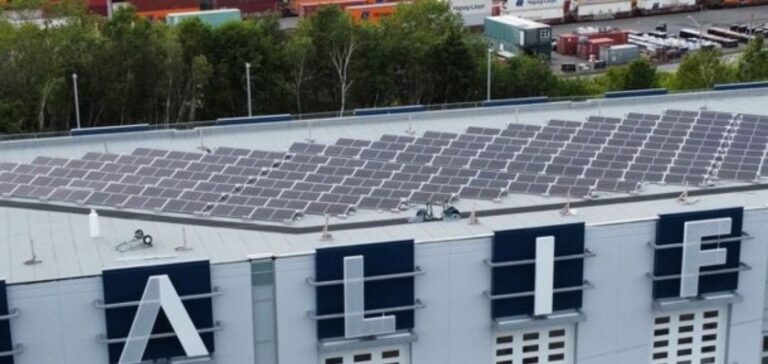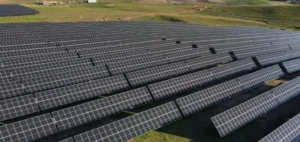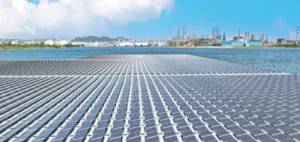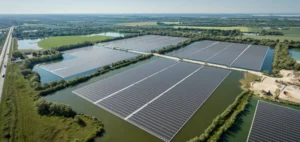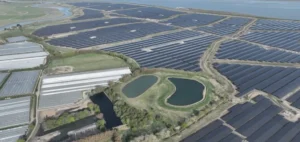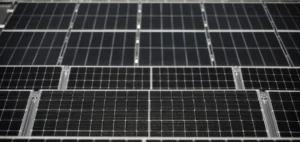Energy efficiency is becoming a key issue for community infrastructure in Canada. In Halifax, the Maritime Sikh Society is receiving $2,385,180 in federal funding under the Green and Inclusive Community Buildings (GICB) program. This funding aims to modernize the building’s facilities by integrating solar solutions and other technical improvements.
An Ambitious Energy Renovation Project
The renovations include installing solar panels, improving insulation and weatherproofing, and upgrading the lighting system. The primary goal is to optimize energy efficiency, thereby reducing consumption and operating costs. The modernization of the electrical system will also decrease lighting power density, contributing to better energy management.
With these improvements, the facility’s fuel consumption is expected to drop by 93.8%, while greenhouse gas emissions will be reduced by 135 tons per year. These energy savings will strengthen the financial sustainability of the center while limiting its reliance on conventional energy sources.
Funding and Economic Impact
This project is primarily funded through the GICB program, launched in 2021 with an initial budget of $1.5 billion over five years. An additional $500 million investment was announced in 2024 to extend its impact until 2029. The program focuses on renovating community infrastructure to improve resilience and energy efficiency.
In addition to federal contributions, the Maritime Sikh Society is investing $596,295 to bring this project to fruition. These funds will not only modernize the building but also ensure long-term operational savings.
A Local Energy Transition Strategy
This initiative is part of a broader effort to modernize community infrastructure across the country. The GICB program allocates at least 10% of its funding to Indigenous communities, including those in urban areas. Halifax joins a growing list of cities benefiting from these investments, aimed at better energy resource management.
The Maritime Sikh Society project illustrates how public investments in energy efficiency can transform local infrastructure and optimize long-term profitability.

